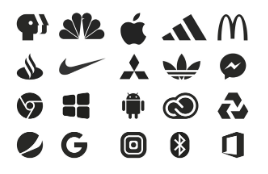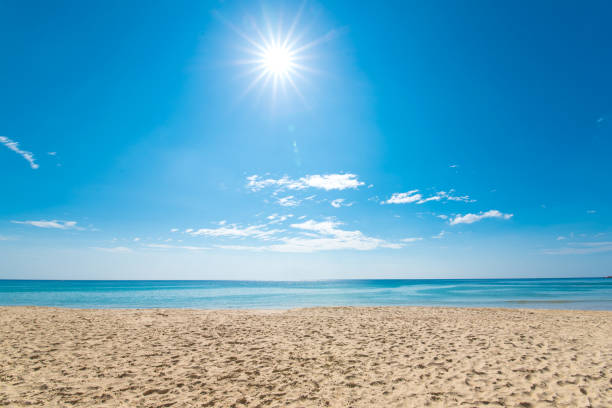What are the three types of Point of View POV
1st, 2nd, 3rd
Define the term "personal narrative"
A personal narrative is a story based on true, specific event that happened to you. A personal narrative often includes a reflection after explaining the true event.
Explain the difference between a simile and a metaphor.
A simile directly compares two things using like or as. A metaphor indirectly compares two things without using like or as.
What is a character trait?
A character trait is a quality or attribute that makes up a person's overall character. Character traits can be physical, emotional, or mental.
What are the six parts of plot structure?
Exposition, Conflict, Rising Action, Climax, Falling Action, Resolution
Science Question!
What planet is closest to the sun?
Mercury!
What are the two types of conflict?
Internal and External Conflict (etc.)
Explain the difference between fiction and non-fiction.
Fiction is a fake or "un-true" story. Non-fiction is a story based on true events.
Explain what a hyperbole is. Then give an example of one!
A hyperbole is an extreme exaggeration.
Answers may vary for example given- teacher will decide!
What is the difference between a protagonist and an antagonist?
A protagonist is the HERO of a story, an antagonist is the VILLIAN of a story.
Define the term "plot."
Plot is the sequence of events that make up a story, and how those events are presented to the reader.
Name 5 of the brands represented below by their logos!

PBS, ABC, Apple, Addidas, Mcdonalds, Nike, Messaging, Google Chrome, Windows, Android, Motorola, Pepsi, Google, Instagram, Bluetooth
Give an example from our novels this unit of an EXTERNAL conflict
Answers may vary- Teacher will decide! :)
Define the term "chronological order"
When events are told in time order. These events are often organized as "beginning, middle, and end"
The following sentence shows an example of what type of figurative language:
"A blanket of snow covered the ground"
A metaphor. The snow is being compared to a blanket!
Explain the difference between direct and indirect characterization.
Direct characterization is when an author TELLS the reader what a character is like. Indirect characterization is when an author SHOWS what a character is like.
Describe what the main CONFLICT of our current class novel is.
Teacher will decide. Answers may vary depending on what novel the class read!
Sports/PE Question: Who won the last NFL Super bowl Championship?
The Kansas City Chiefs!
Define setting, and explain how it can impact the characters and plot.
Setting is the where and the when of a story. It can effect the characters by changing their mood, perception of conflict, and even the resolution of a story.
Define the term "dialogue." Share one rule about correctly formatting dialogue.
Dialogue is conversation between two or more people in a book, play, or movie.
Possible rules to share:
- Dialogue must be in quotation marks ("")
- Capital first letter
- Punctuation inside quotation marks
What type of figurative language are the following three examples:
1. If I can't go to the party I'm literally going to die.
2. Life is a rollercoaster- full of ups and downs.
3. The siblings fought like cats and dogs.
1. hyperbole
2. metaphor
3. simile
List at 8 characters from your class novel. Then, share which of those are the main characters.
Teacher will decide. (Answers may vary depending on novel read)
What is typically included during the "Exposition" of a narrative.
Authors will typically introduce the main characters, important background details, and setting.
Science Question: What is the largest sea animal AND the largest land animal?
Sea: Blue Whale
Land: African Elephant
Share a thematic statement for the novel you are currently reading.
Teacher will decide. Answers may vary!
What is an author doing when they are using sensory details to describe a setting? Use one sensory detail to describe your current setting (This classroom!)
Using all 5 senses to create an image in the reader's mind. Sight, Touch, Sound, Smell, Taste.
Answers may vary for the second question- teacher decides!
Share both a simile and a metaphor to describe the image below:

Teacher will decide!
Possible examples:
The clouds were cotton balls in the sky.
The waves are as loud as thunder as they crashed on the sand.
What does "STEAL" stand for?
S: Says
T: Thinks
E: Effect on Others
A: Actions
L: Looks
Explain what the "climax" is in a narrative. Then, explain what you think the "climax" of our class novel is.
A climax is the turning point of a novel, often when a main character finally faces the conflict head on.
Answers may vary for second question depending on class novel read.
Name all seven continents!
South America, North America, Europe, Australia, Africa, Asia, Antarctica